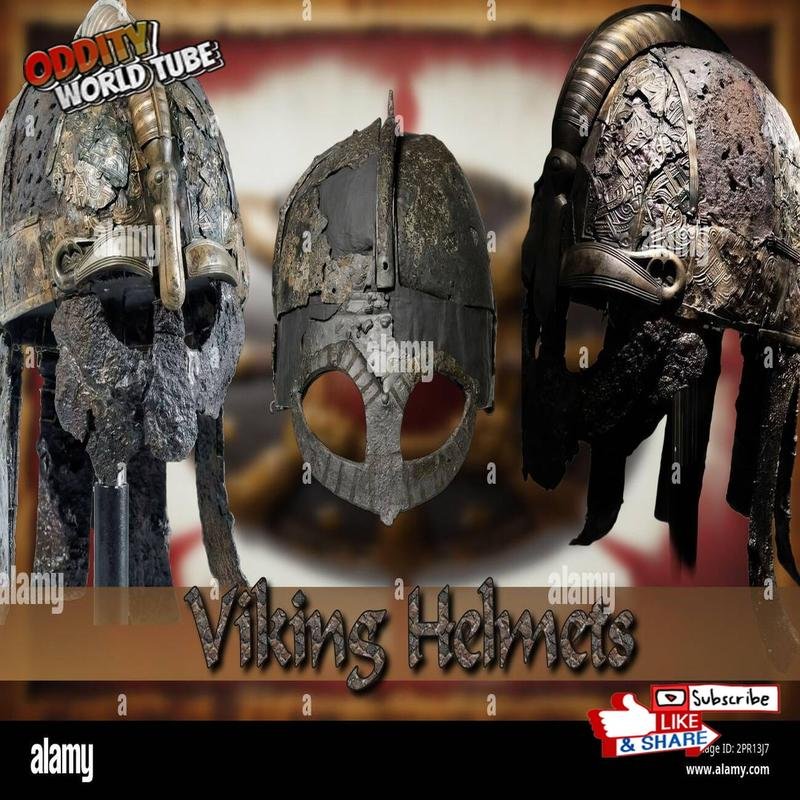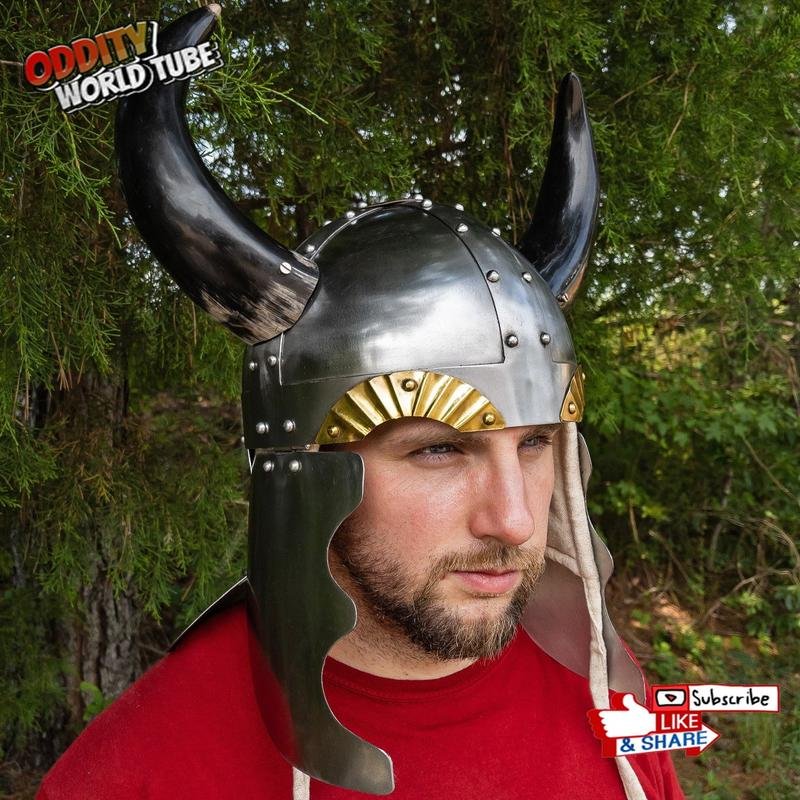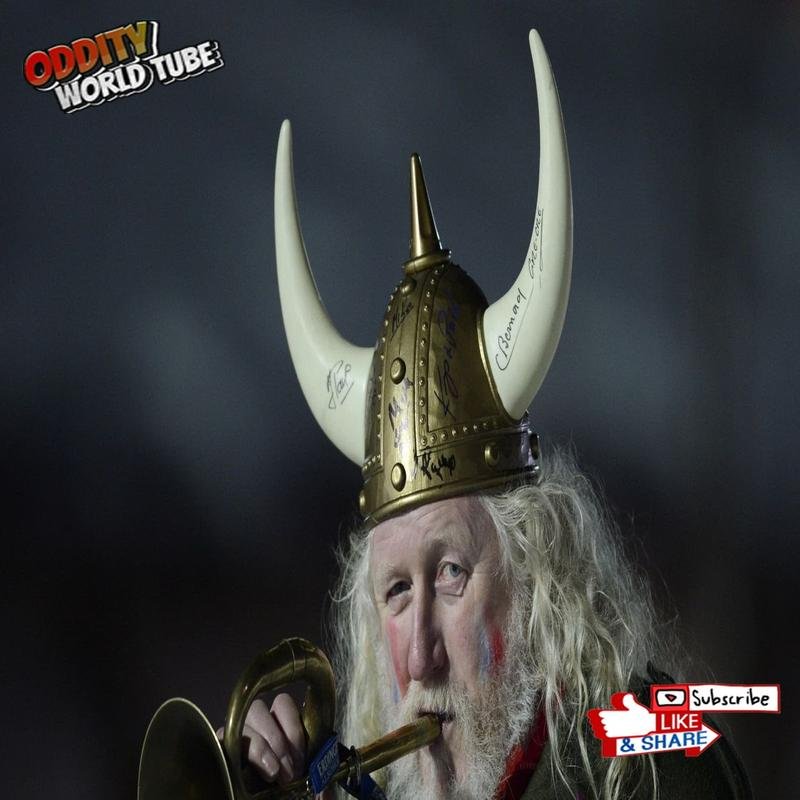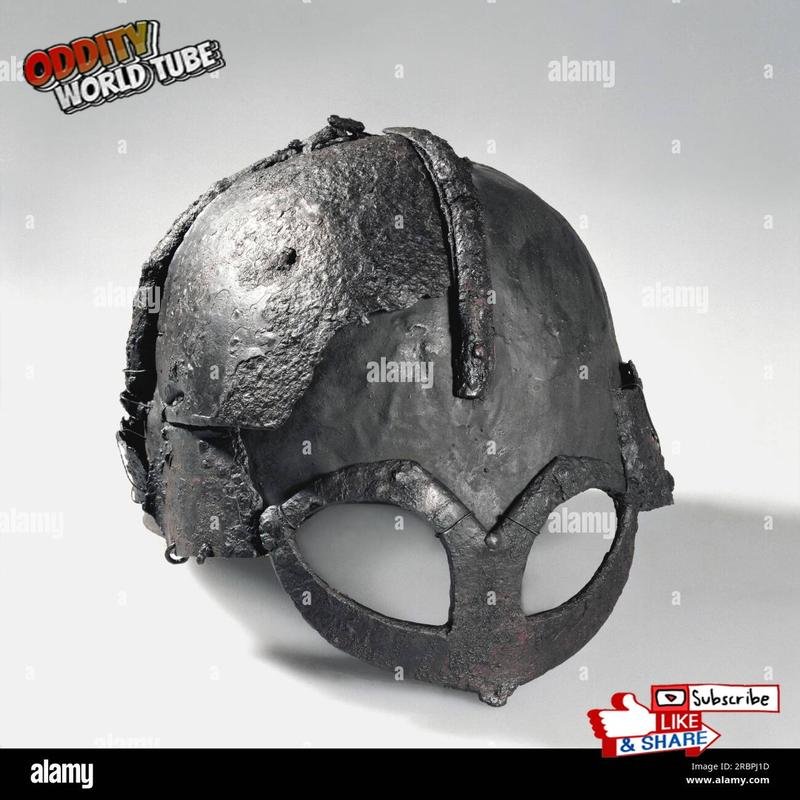Vikings: Hornless Helmets? 🔍 Debunking a Medieval Myth! 💡 #VikingHistory #Helmets #Myth

Viking Helmets: Fact vs. Fiction
The iconic horned helmet is a deeply ingrained but inaccurate stereotype of Vikings. This misconception, prevalent in popular culture, overshadows the archaeological and historical evidence regarding Norse warrior attire and weaponry.
The Myth of the Horned Helmet
The myth originated in the 19th century, emerging from Romantic-era operas inspired by Norse mythology. Costume designers, not historical scholarship, are responsible for its creation; notably, Carl Emil Doepler’s 1876 designs for Richard Wagner’s Der Ring des Nibelungen solidified the image.
Archaeological Evidence: The Reality
Archaeological findings, however, present a contrasting reality. Discoveries such as the 10th-century Gjermundbu helmet from Norway illustrate simple, iron helmets prioritizing practical protection over ornamentation. No credible archaeological evidence supports the existence of horned Viking helmets.
The Gjermundbu Helmet and Other Finds
The Gjermundbu helmet, and other similar finds, demonstrate that Viking helmets were functional pieces of equipment designed for battle, not theatrical props.
Popular Culture’s Distortion
The persistent depiction of horned Viking helmets serves as a compelling example of popular culture’s distortion of historical reality. Accurate understanding of Viking culture necessitates reliance on rigorous archaeological and historical research, rather than cinematic or operatic representations.
Conclusion
While Vikings were skilled warriors, their helmets were functional, not fantastical. The image of the horned helmet is a product of 19th-century artistic license, not historical accuracy.









